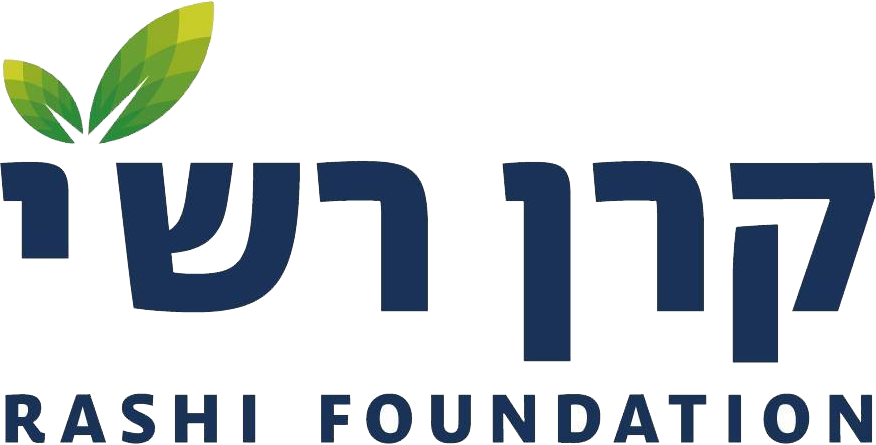Yael Bala Avni, VP of Programs, Rashi Foundation
The coronavirus cought us unready. Who could have imagined that so many will lose their livelihood to face profound uncertainty? Could Israel have been better prepared for the crisis?
Long before ‘corona’ became a household word, welfare organizations and employers warned that the system of vocational training in Israel is inadequate. This system is limited in scope, weak, outdated, and above all incapable of advancing large populations towards optimal employment that fits their abilities, skills and aspirations.
When the training system went downhill over time, the vacuum was filled by initiatives of NGOs and philanthropies aiming to bridge the gaps and provide solutions to those who need them. Initiatives like these can develop models, set things in motion, but they cannot replace well-planned national policy.
The state must spearhead a far-reaching reform, in order to get ready for a world of work changed beyond recognition, due to technological developments as well as to the implications of the coronavirus. Processes that were expected to take years are being accelerated; jobs become obsolete; many Israelis will have difficulty making a living, and the only way to help them is to offer learning opportunities that will lead them to careers in relevant new fields.
In Rashi’s programs we meet many young people who want to retrain but can’t afford to or can’t find a place to do it near where they live. The existing state-funded options are simply irrelevant, all the more so in the periphery. There are very few training colleges, and what they offer is often out of sync with the demands of the job market.
From our experience in the social sphere we know that when people are allowed to choose a training track freely, without being restricted to a certain field or college, what they choose usually makes them immediately employable. The only condition that must be insisted on is guaranteed employment at the end of the course, work experience during the course or some other form of employers’ involvement.
Training for tomorrow should focus on occupations that will be relevant in the post-corona world – digital marketing, graphic design, network management, community management, therapies and any other field where there are employers who agree to take part in the training.
The reform we need cannot be based on the activity of NGOs or on the willingness of big employers to train workers, but on clear and though-out national policy. Making the right investment today will yield a significant return in the future, when more and more people join the workforce.
As a society, we don’t have the privilege to leave those who can’t afford vocational training behind, in a vicious struggle for survival. The state of Israel must redefine and transform vocational training: training that is up-to-date, that provides skills and not just technical abilities, and that has an employer at the end waiting to hire workers with these skills.












